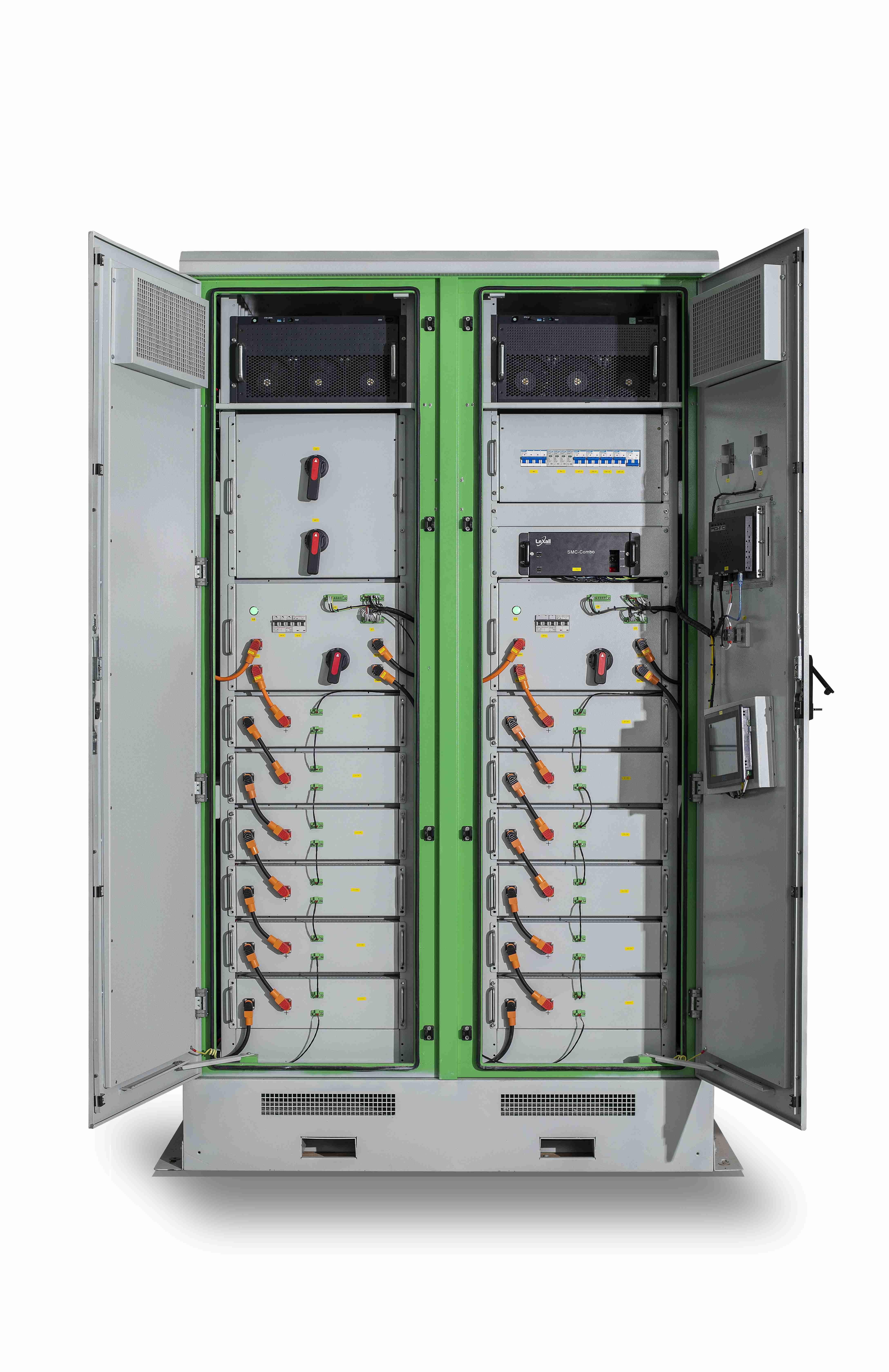
12 月 . 04, 2024 06:53 Back to list
Energy Storage Management Solutions from Leading Manufacturers for Efficient Monitoring Systems
The Rise of Energy Storage Monitoring Systems A Comprehensive Overview
As the world increasingly shifts towards renewable energy sources, the demand for efficient energy storage solutions has surged. One critical component of this evolution is the development of energy storage monitoring systems (ESMS). These systems play a pivotal role in optimizing the performance, safety, and longevity of energy storage technologies, particularly batteries. In this article, we will delve into the significance of energy storage monitoring systems, their components, advantages, and the leading manufacturers in the field.
Understanding Energy Storage Monitoring Systems
Energy storage monitoring systems are specialized platforms that provide real-time monitoring, analysis, and management of energy storage systems. These technologies are designed to track essential parameters such as state of charge (SoC), state of health (SoH), temperature, voltage, and current. By continuously assessing these variables, ESMS can help identify potential issues, optimize charging/discharging cycles, and ensure the safety and efficiency of energy storage operations.
Key Components of ESMS
1. Sensors At the heart of an ESMS are sensors that collect data on various metrics crucial for the effective operation of energy storage systems. These include temperature sensors, voltage sensors, and current sensors that feed information into the monitoring system.
2. Data Acquisition Unit This component is responsible for collecting data from the sensors and converting it into a format that can be easily analyzed. It acts as a bridge between the sensors and the monitoring software.
3. Monitoring Software The software component plays a vital role in analyzing the data collected by the sensors. It generates reports, visualizes data trends, and provides alerts in case of anomalies. This software is often equipped with user-friendly dashboards to facilitate decision-making.
4. Communication Interfaces ESMS often include various communication protocols to integrate seamlessly with other systems, such as energy management systems (EMS), building management systems (BMS), and smart grid technologies.
5. Energy Management Some advanced ESMS also feature energy management capabilities, allowing users to optimize their storage resources and improve overall energy efficiency.
Advantages of Energy Storage Monitoring Systems
energy storage monitoring system manufacturer

1. Enhanced Performance By monitoring critical parameters in real-time, ESMS can optimize the charging and discharging cycles of batteries, resulting in improved overall performance and longer service life.
2. Predictive Maintenance Continuous data analysis enables predictive maintenance by identifying potential failures before they occur, allowing for timely intervention and reducing downtime.
3. Safety and Reliability ESMS can detect unsafe conditions, such as overheating or voltage imbalances, and initiate automatic safety protocols to prevent accidents.
4. Data-Driven Decision Making With comprehensive data at their fingertips, operators can make informed decisions related to energy storage strategies, thus improving operational efficiency and reducing costs.
5. Regulatory Compliance Many industries face strict regulations regarding energy management. An ESMS can help ensure compliance by providing accurate data and reporting capabilities.
Leading Manufacturers in Energy Storage Monitoring Systems
As the market for energy storage monitoring systems continues to grow, several manufacturers have emerged as leaders in the field. Companies such as Siemens, Schneider Electric, and ABB are renowned for their innovative solutions. They offer advanced monitoring systems that integrate seamlessly with various energy storage technologies, ensuring that users can harness the full potential of their systems.
Additionally, newer entrants like Nuvve and Energy Hub are making significant contributions to the industry by developing user-friendly, scalable solutions tailored to diverse energy storage applications.
Conclusion
In conclusion, energy storage monitoring systems are a crucial aspect of modern energy management, particularly in the context of increasing reliance on renewable energy sources. By ensuring optimal performance, safety, and compliance, ESMS provides stakeholders with the tools they need to succeed in a rapidly evolving energy landscape. As technology continues to advance, we can expect further innovations in energy storage monitoring systems, helping to drive the transition towards a more sustainable future.
-
AI-Powered EMS with GPT-4-Turbo | Efficiency Boost
NewsAug.01,2025
-
Optimized Storage System for GPT-4-Turbo | High Performance
NewsJul.31,2025
-
AI Energy Management System w/ GPT-4 Turbo Efficiency
NewsJul.31,2025
-
High-Performance Energy Storage System for Reliable Power Solutions
NewsJul.30,2025
-
Advanced EMS Solutions for Energy Management System & Storage Battery Companies
NewsJul.29,2025
-
Intelligent Energy Management for Homes - Efficient Storage Solutions
NewsJul.29,2025























